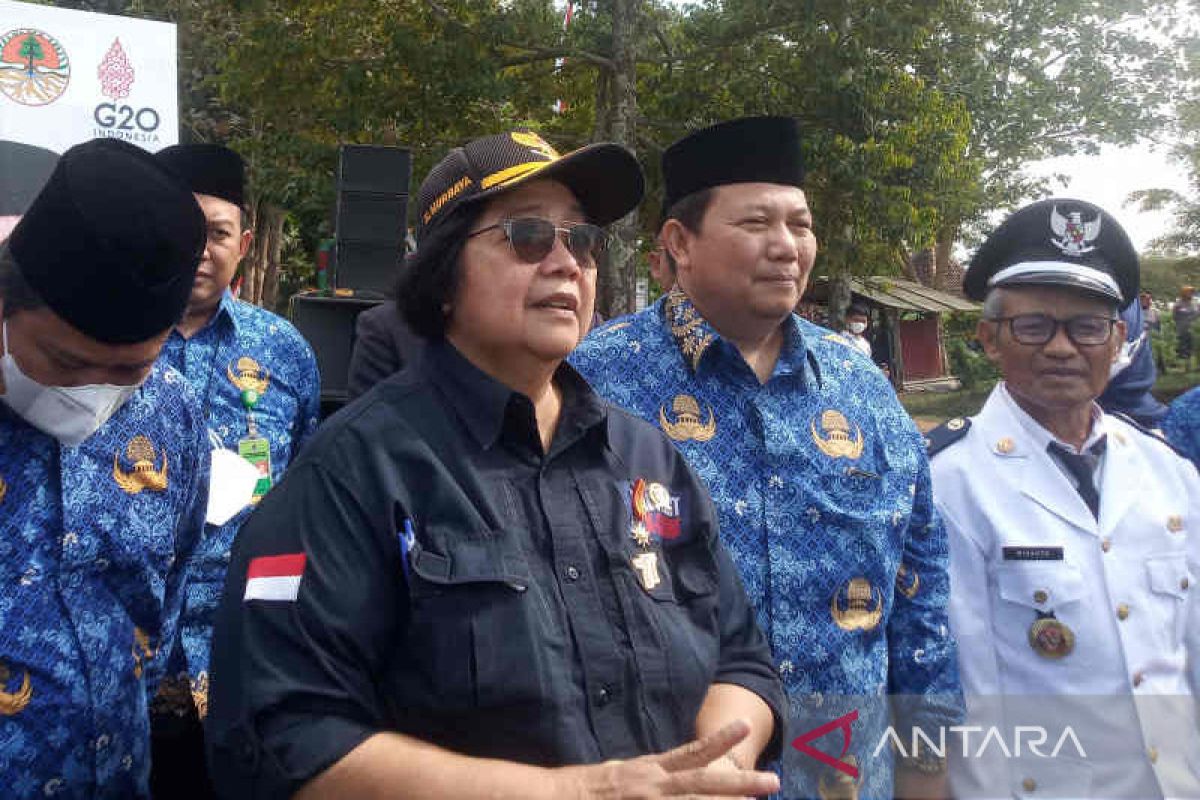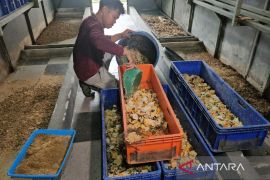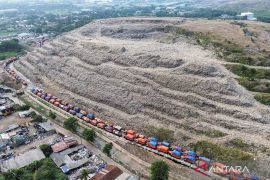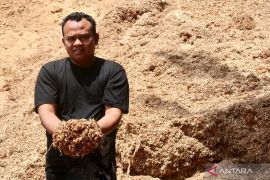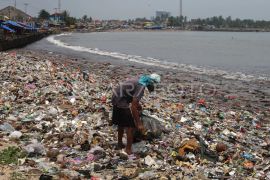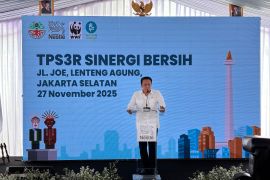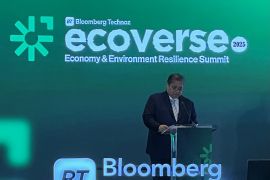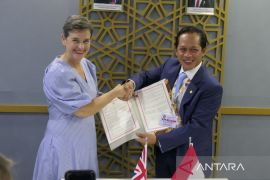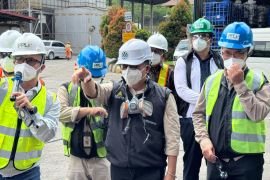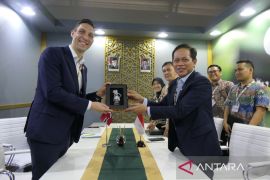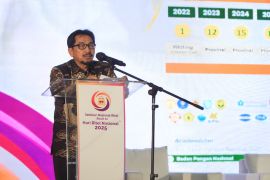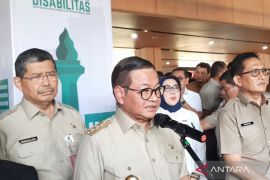"We know that waste has become a problem in the environment, but we have sorted out how waste can be a beneficial economic resource for the people," she said in a statement issued on Saturday.
She then cited an example of waste handling by the Ministry of Environment and Forestry. The ministry gathered 68 tons of waste from the Bali Strait to Jakarta, and 79 percent of it had very high economic value.
"Thus, this also becomes a priority in order to maintain our environment so that it can become better," she remarked.
Thus, waste is no longer something that is harmful due to the pollution it causes to the environment, instead it can become an economic resource, she said.
Indonesia does not lag behind when it comes to technologies for processing waste into economic resources, Bakar added.
In fact, Indonesia is among the best when it comes to producing breakthroughs for processing waste into economic resources, she noted.
"Of course, the people can also do this so that waste can become an economic resource through a variety of breakthroughs or innovations," she said.
Construction company Rebcriks Indonesia has demonstrated how waste can be transformed into economic resources.
The company gathers nearly 50 kg of plastic waste every day, which is recycled to make paving blocks and hollow block construction materials.
The waste collected by the company is chopped twice, mixed with some formula, cured for 21 days, and then printed to make paving and hollow blocks, the company's CEO, Novita Tan, informed at an event on Thursday.
Related news: Ambon city, Dutch govt ink MoU to improve waste management
Related news: Proper waste management crucial to control flooding: Minister Uno
Translator: Anita Permata D, Fadhli Ruhman
Editor: Rahmad Nasution
Copyright © ANTARA 2022
